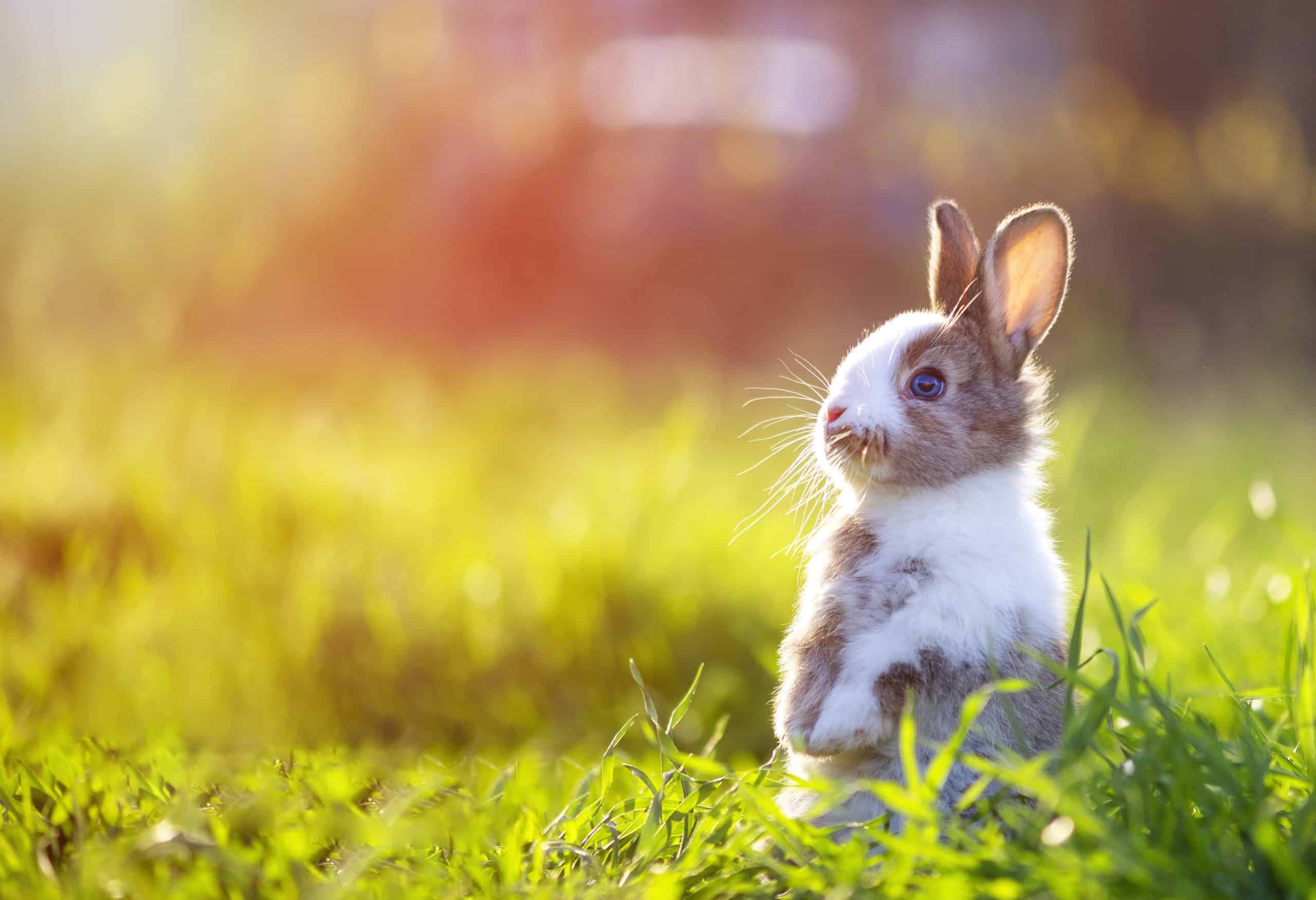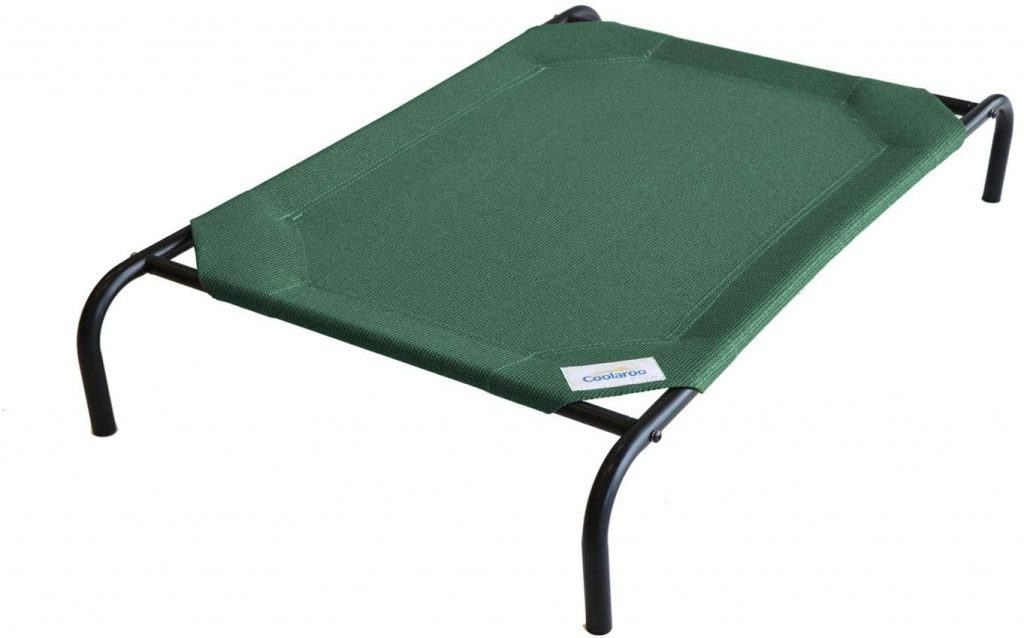Even though your pet rabbits are pretty hardy critters and can withstand a fair amount of heat, if those temperatures become too high, your bunny’s life may be at risk. As we know, during the summer months, the temperatures can climb to anywhere between 50 to 85 degrees Fahrenheit. However, a heatwave could push those temperatures even higher. If you live in the tropics, temperatures usually remain consistent around 60F to 65F. Global temperatures are on the rise generally due to climate change and global warming. As a rabbit owner you may wonder whether pet rabbits can handle hot weather. Know the symptoms of overheating so you can protect their health.
What is the ideal temperature for your rabbit?
While rabbits are pretty resilient, they do have an ideal temperature range that they feel most comfortable at and as a result, continue to thrive. Pet rabbits are most comfortable in environments between 50 and 77 degrees Fahrenheit. There are no absolutes in nature, your pet bunny will not immediately overheat at 78 degrees. Pet rabbits can tolerate up to 85 degrees. Beyond those temperatures, your pet rabbit can start to suffer from the ill effects of overheating.
How can I tell if my rabbit is overheating?
During the hot months, your pet rabbit may behave strangely if they are being affected by the heat. In order to protect your bunny’s health, you have to be aware of what an overheating rabbit looks like. Your pet rabbit may need some help keeping cool. Here are the major symptoms to look out for.
- Hot ears – When the weather starts to get too warm, you should periodically touch your rabbit’s ears. Your rabbit’s ears may even appear red. This would be your first clue. If it feels warm to the touch, your rabbit may be struggling with the high summer temperatures.
- Shallow breathing or hyperventilation – If your rabbit seems to be in distress and is panting and breathing unevenly, he or she may be experiencing heat exhaustion.
- Moisture around the nose – The area around your rabbit’s nose may seem unnaturally wet.
- Salivating – Your rabbit may appear to be drooling excessively and this is an unusual pattern for a bunny. Rabbits do not slubber, as such, it signals that something is wrong.
- Lack of energy – Your rabbit may become lethargic and move very little around his or her cage. He or she may also appear weak and movements may be unusually slow ( no hopping and frisking about with other rabbits).
- Convulsions – Your rabbit may experience seizures if he is experiencing heat exhaustion. Convulsions occur when your pet rabbit’s muscles contract and relax involuntarily. It can be a very scary experience but don’t panic.
- Mental confusion – Your bunny may appear disoriented and out of sorts. Heat often causes your bunny to experience a type of brain fog.
How can I keep my rabbit cool in hot weather?
Your pet rabbit may need some help keeping cool. There are some tips that you can follow to help regulate your rabbit’s temperature. Here are some viable options to explore.
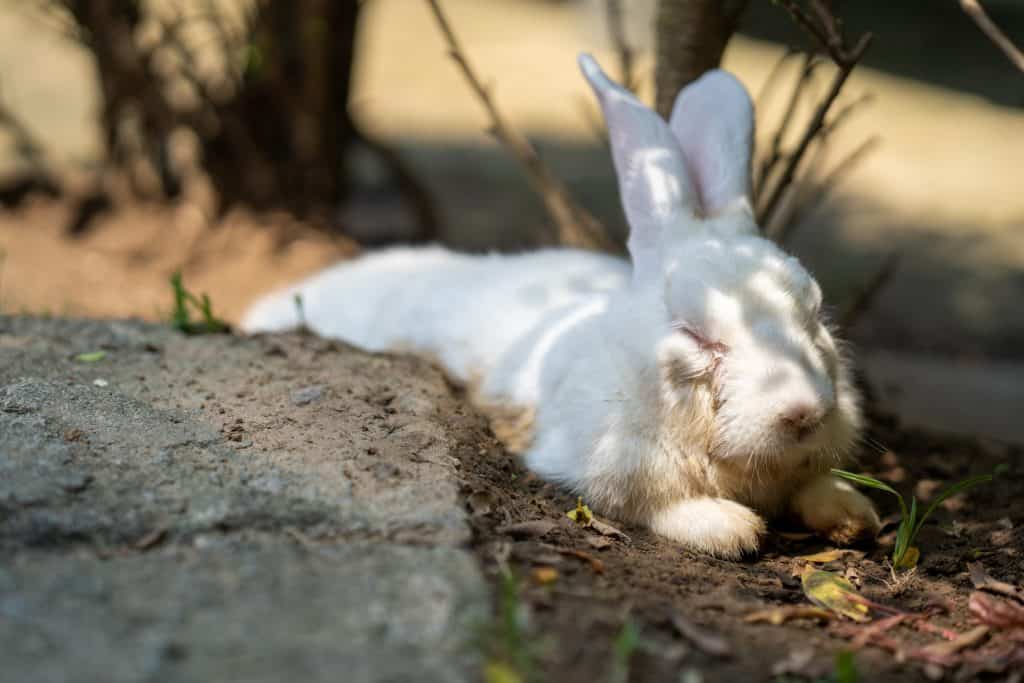
- Keep your rabbit in the shade – Place your rabbit’s cage in the shady areas of your yard. If your rabbit cage or hutch is a permanent structure and cannot be moved, you can create shade by placing a sheet of galvanize or a tarpaulin over your bunny’s cage. If it is possible, relocate your bunny indoors during the hot months.
- Use fans – So we are not saying get about three fans have them directly blowing on your bunnies. Veterinarians generally discourage pet owners from having a fan blowing air directly on their rabbits. You should have the fans oscillating near the cages to help regulate temperatures. There are special pet fans that people usually buy for their hairy dogs, but can also be used for pet rabbits.
- Serve cold water – You can give your rabbits chilled water from the refrigerator or put ice chips or cubes in the water bowl. Remember to change the water at least twice a day to keep it clean and free of bacteria.
- Ice bottles – An economical way of cooling your rabbit cage is using old water bottles, freezing them and placing them around the cage. When your rabbits need relief they will lie next to the bottles to cool down.
- Place the cage on ceramic or stone tiles – If you have tiles and your cage in portable, you can relocate your cage on the ceramic tiles. Ceramic tiles are cool to the touch and will draw the heat from the rabbit’s body. Stone tiles work in a similar way.
- Cooling mats – Cooling mats are very effective for cooling rabbits down for hours on end. They can be made of either stone or metal. They are made effective by their thermal conductivity. There is no need to worry, they are easy to clean and safe for your pet. There are no sharp edges that can cause your rabbit harm. They can be used both indoor and outdoor. They can be found in pet shops or you can order online.
- Air-conditioning – Obviously, if you have air conditioning, this would be one of the most effective ways to keep your bunny cool. The thermostat can be adjusted to temperatures that are ideal for your pet rabbit.
- Evaporative cooling system – This system is effective in dry climates, but are essentially useless in humid environments.
- Spray the rabbit’s ears – During the warm months, keep a spray bottle handy and give your rabbit a little spritz on their ears. With this method, a little goes a long way. Do not soak your pet rabbit’s ears. The reason why this is effective is that rabbits use their ears to regulate their body temperature. You may think that dipping your rabbit in a cold bath to cool him or her down is a good idea. However, nothing could be further from the truth. Baths will stress your rabbit’s body and do more harm than good.
- Towel fort – You can wet a towel, wring it so that it’s not dripping and drape it over their cage. The rabbits will gravitate to this area when they feel too hot.
- Brush your rabbit – Getting rid of the excessive hair, will help your rabbit cool down.
What happens if my rabbit gets too hot?
As you may have guessed by now extreme temperatures will affect your rabbit’s health. There is one major health concern that affects rabbits if their temperatures are not regulated. Your rabbit may experience a heat stroke. Heatstroke or heat exhaustion as it is sometimes referred to can cause permanent damage to your rabbit’s body. If your rabbit’s body temperature remains elevated for too long the following organs in your rabbit’s body may be affected.
- Brain – Sustained high temperatures may cause permanent brain damage.
- Kidneys – Kidney failure may occur if quick action is not taken to reduce your rabbit’s core body temperature.
- Heart – Arteries and blood vessels may be adversely affected. Your rabbit may go into cardiac arrest.
- Muscles – Elevated body temperatures may cause muscles to contract and spasm.
If your rabbit’s exhibit’s severe symptoms like body rigidity, you need to take him or her to the veterinarian immediately.
Do rabbits sweat?
Many mammals regulate their body temperatures by sweating. However, rabbits do not sweat. the way humans do. Rabbits have very small sweat glands inside their mouths. Their main body temperature regulator is their ears. Additionally, your rabbits will grow shorter hair during the warmer seasons and longer hair during winter.
Can my pet rabbit die from overheating?
Unfortunately, if your pet rabbit’s temperatures remain elevated, he or she may experience vital organ failure. This can result in death.
Are some bunnies more susceptible to hot weather than others?
Yes, some rabbits may be more prone to heat exhaustion than others. If your rabbit falls into any of the following categories, as a responsible pet owner, you should be on high alert.
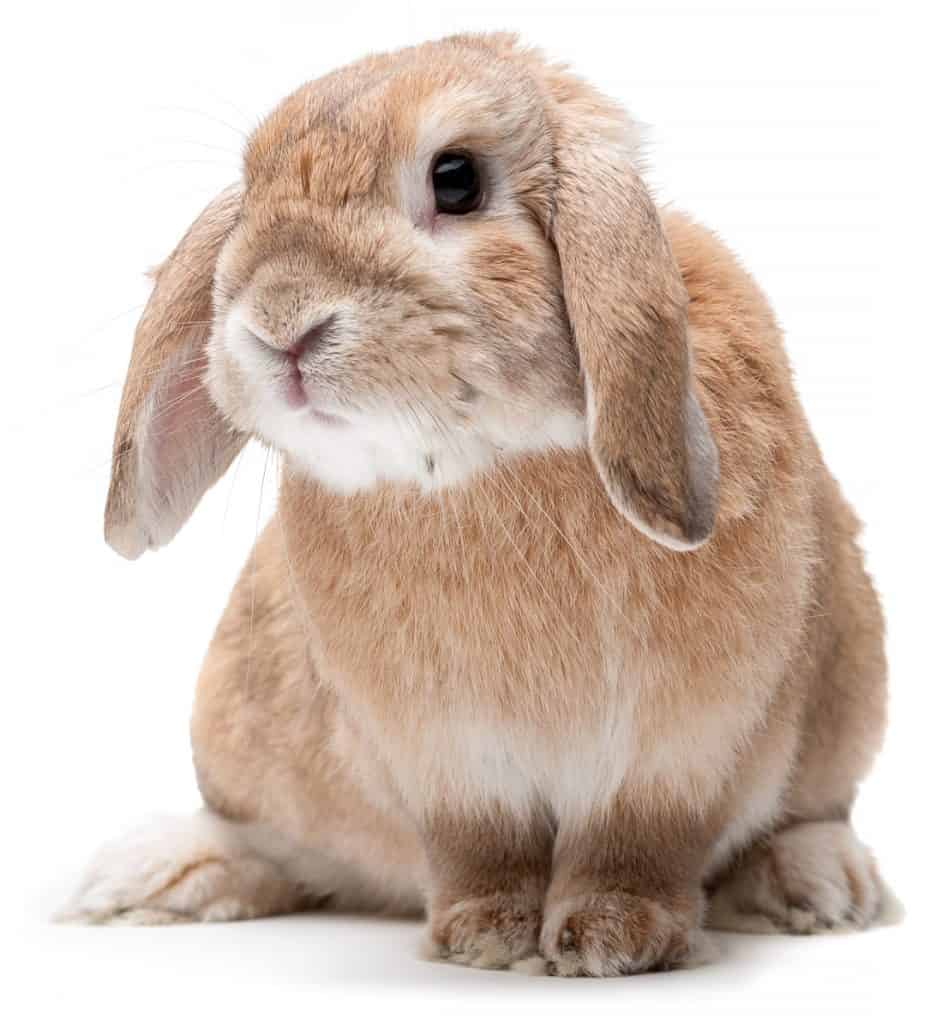
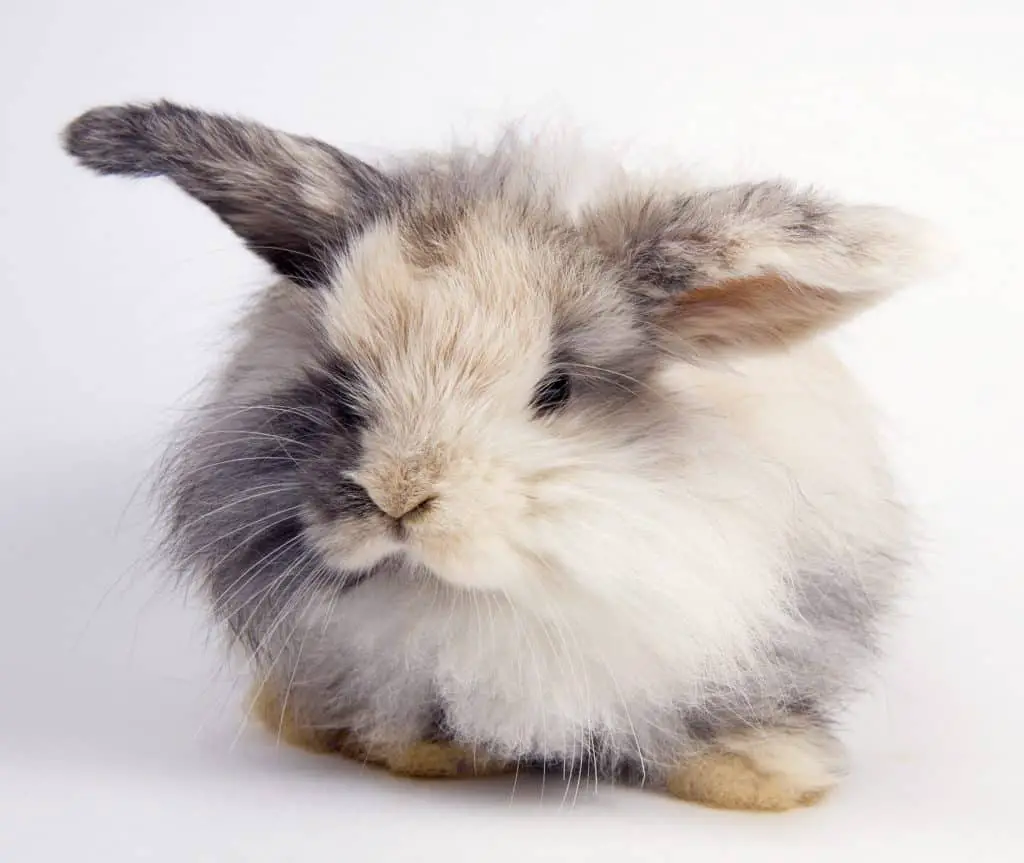

- Dwarf or lop-eared rabbits – If your rabbit was specially bred to be smaller in size, he or she will, unfortunately, have a woefully inadequate ear cooling mechanism.
- Long-haired rabbits – There are breeds of rabbits that have longer hair than their furry counterparts. These breeds are high maintenance and require conscientious grooming that includes combing, knot removal, and regular brushing. Here is a list.
- Cashmere lop
- Lionhead
- Angora
- Jersey Woolie
- Silver Fox
- Pregnant rabbits – Females about to give birth are more prone to heatstroke and should be monitored closely and kept in cooler environments until they deliver.
So while rabbits can handle warm weather, your pet rabbit cannot stand hot weather for an extended amount of time. You are advised to keep a close eye on your rabbit during hot months. Ensure you take the necessary steps to cool your rabbit down if he or she is overheating. All rabbit owners should be intimately familiar with the signs of heatstroke and know the various methods that can be employed to keep them cool. Vigilance is the key to keeping your rabbits safe when the weather gets hot.

